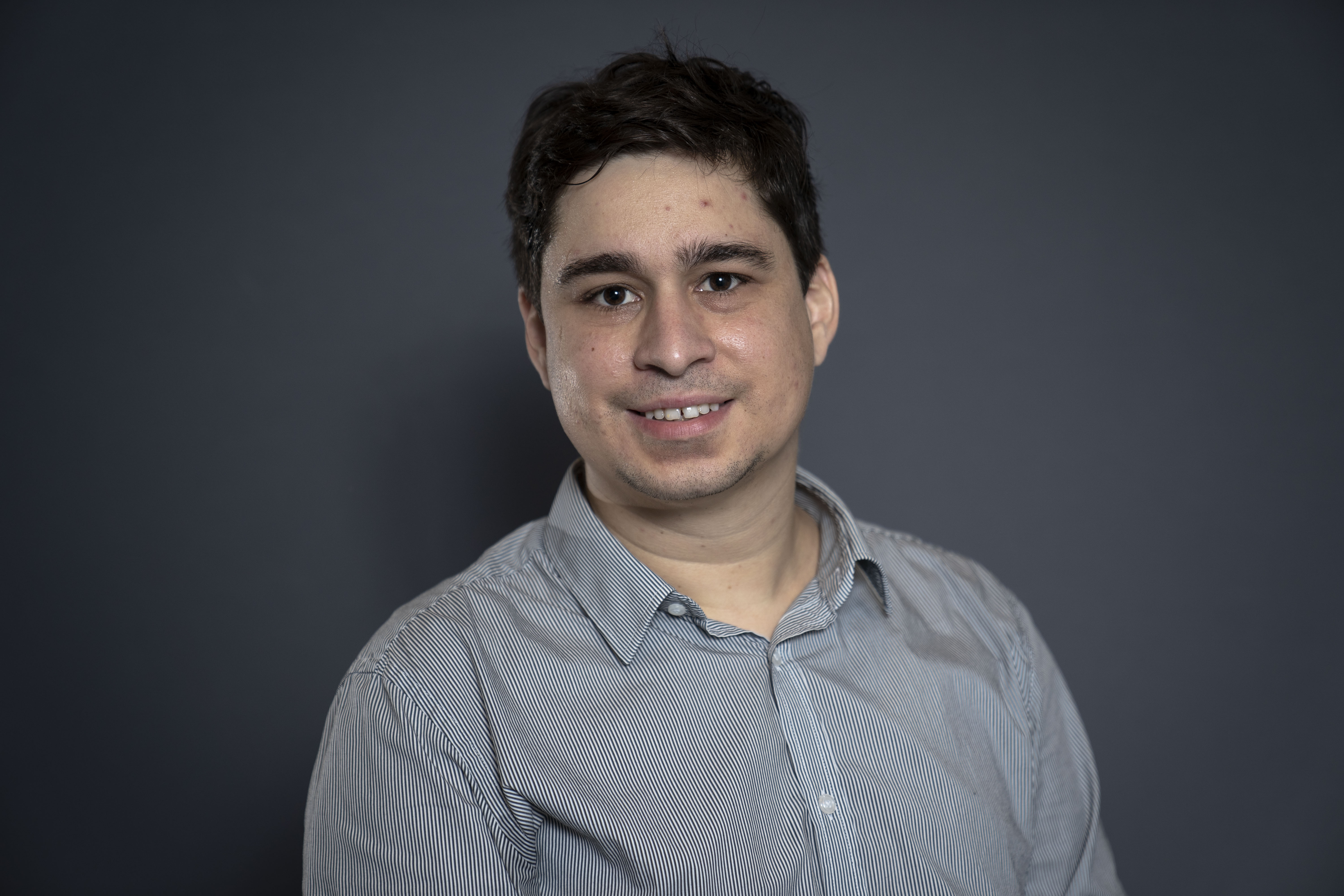Bernardo David
Research leader

Project title
Foundations of Privacy Preserving and Accountable Decentralized Protocols
What is your project about?
In our increasingly data based society, an ongoing effort to ensure that people's private data is kept secure has resulted in laws such as GDPR and Persondataloven. On the other hand, there is also an increasing number of activities that crucially rely on processing large amounts of sensitive data, which may leak. A long line of research in cryptography has considered the problem on processing encrypted data in such a way that there is no risk of such data leakage. However, keeping all data private makes it very hard to investigate data misuse or illegal activities. My project will address the issue of processing sensitive data while keeping it private but also allowing people to verify that the data is not misused. I will focus on investigating the mathematical foundations needed to design and analyse systems that process encrypted data in a private manner but still allow for identifying dishonest behaviour.
How did you become interested in your particular field of research?
Growing up around computers and watching the internet take its first steps, I was always interested in information security. Moreover, I have always had an interest in mathematics and theoretical topics that involve abstract thinking. In my undergrad years I found out that I could unite both interests in studying the field of cryptography, which investigates mathematical methods for handling sensitive information while ensuring its privacy, authenticity or other properties. I was thrilled to use mathematics to precisely argue about security in IT system, and I have been working on this area ever since.
What are the scientific challenges and perspectives in your project?
The main challenge in this project is reconciling two goals that seem paradoxical at first. On one hand, I aim at processing encrypted data in a way that nobody learns this data, not even the systems handling it. On the other hand, I aim at being able to verify that the data has been processed correctly or that the systems have misbehaved, even though the processed data remains private at all times. Achieving both these goals will give us new fundamental insights not only on methods for processing encrypted data but also on methods for publicly verifying such data processing. In particular, I will be focusing on understanding how to construct blockchains and smart contract systems with the right properties for keeping track of data processing while ensuring that the data remains private.
What is your estimate of the impact, which your project may have to society in the long term?
There are many situations where society as a whole can benefit from allowing personal data (and other kinds of sensitive data) to be processed. For example, medical researchers looking for new treatments can gain valuable insights by analysing medical data from many patients. On the other hand, we must ensure this data remains private and provide oversight mechanisms that allow for the data owners themselves as well as regulatory agencies to actively verify that the data has not been misused, identifying the ones responsible for any misuse. The results of this project will provide solid foundations for understanding how such applications should be designed and analysed. Moreover, the advances in blockchains and smart contract systems we will achieve as part of this project will allow for new business opportunities and regulatory compliant digital financial systems.
Which impact do you expect the Sapere Aude programme will have on your career as a researcher?
First of all, this grant will allow me to hire PhD students and Postdoc researchers who will help me do the research needed to achieve these goals and help me explore new ideas. On the long run, I expect that executing this project will allow me to establish a leading research group in both a national and international levels. Moreover, I believe that receiving such a prestigious grant as the Sapere Aude will strengthen my curriculum and better prepare me for future research grant applications in an international level.
Background and personal life
I am originally from Brasilia, the capital of Brazil, but I have lived in Denmark, Israel and Japan on and off for the past ten years, finally choosing to settle in Copenhagen in 2019. I love to travel and enjoy attending conferences and visiting colleagues all over the world. In my free time I like to listen to music, play the piano, go to the cinema and enjoy the bustling Copenhagen nightlife.
View all research leaders here
Research institution
IT University of Copenhagen, Department for Computer Science, Center for Information Security and Trust (CISAT)
Research field
Computer Science
City of your current residence
Copenhagen
High school
Colégio Presbiteriano Mackenzie, Brasilia, Brazil
